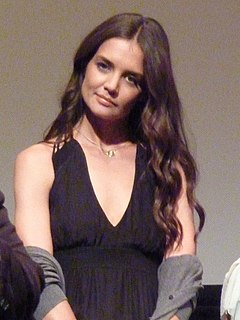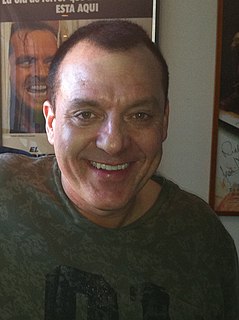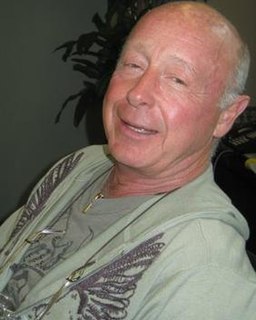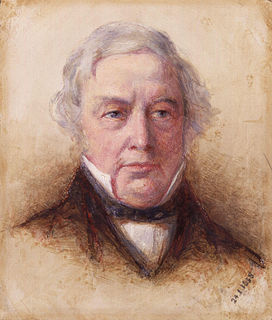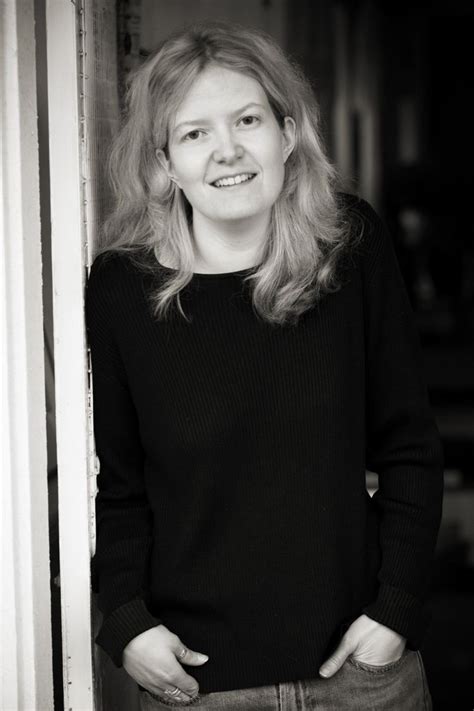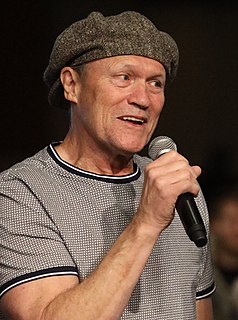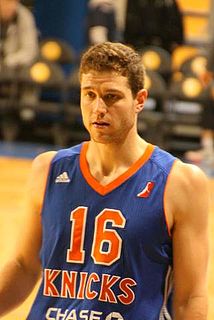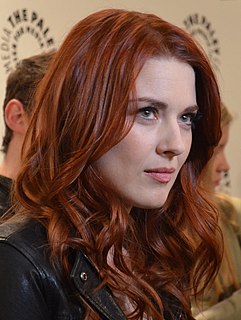A Quote by Dennis Farina
You cant act for the editing. You just go in and do the scene the way you think is right.
Related Quotes
As the actor, you can't be worried about the scene that you're going to playing two days from now. You think about what's going on, right now and in the moment. That's what you worry about. Everything is right then and there. In the end, all of the pieces come together, thanks to the editing and James Gunn.
Performance is made in the editing room, and I've come to see the truth in that - the idea that they say performances are usually made in the editing room because what you film is the raw material. I think just going through the process of saying, "Which take do we use? Why is that the take we want? I want that take can you edit again, I'm not sure that's the one, I think it's this one." And just because you go through that process, I think somehow it's made me sort of more open about the [actor's] possibilities.

